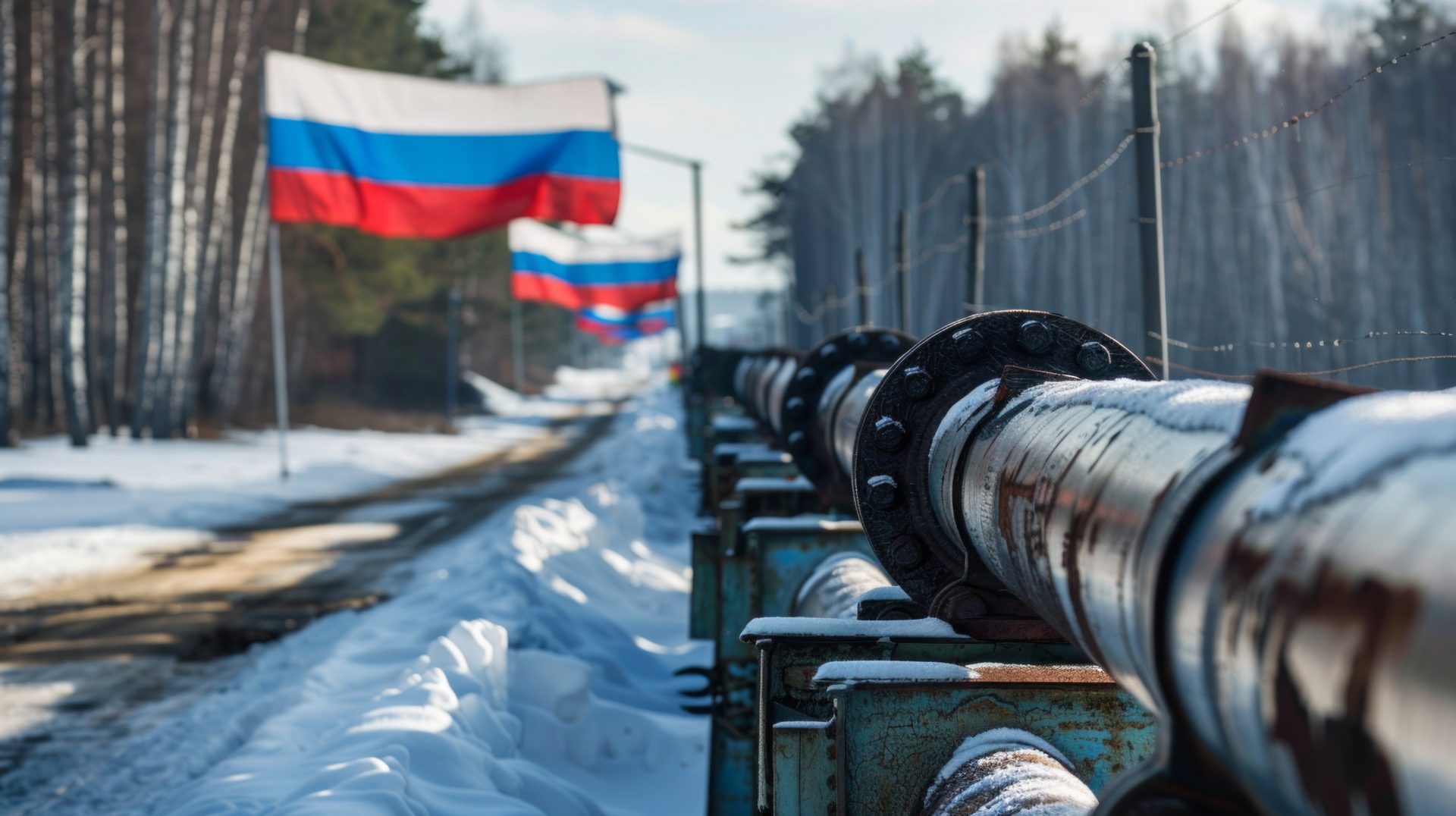
The European Commission wants to put an end to all imports of Russian energy at the latest in 2027, including gas, oil, nuclear fuel and LNG.
The proposals, which are officially submitted at the beginning of June, must strengthen European energy independence. But not every EU country is happy with that. Solid criticism sounds especially in Eastern Europe, in which words such as “economic suicide” fall.
Fierce opposition from Bratislava and Budapest
According to the committee, the plans are necessary to prevent Europe from continuing to contribute to the war greenhouse of the Kremlin. Energy Commissioner Dan Jorgensen called the dependence on Russia on Tuesday “untenable”, referring to the use of energy as a political weapon by President Putin.
In Slovakia and Hungary, however, the plan is seen as an attack on their own economic interests. Prime Minister Robert Fico van Slovakia spoke of a “radical and harmful change of course” and stated that the idea of a new “iron curtain politics” between Europe and Russia is not a realistic path. His Hungarian colleague Péter Szijjártó went one step further. On Platform X he called the proposal “politically motivated” and warned that it undermines the energy security of his country.
Both countries have been critical of the EU line towards Moscow for some time. They have previously delayed support packages for Ukraine and forced commitments. They also firmly oppose the extension of sanctions against Russia.
No Veto Recht needed
Yet Hungary and Slovakia have few means to block the plan. The legislation can be adopted with a qualified majority. That means that voting against a few countries cannot stop the process, something that the committee also explicitly announced.
Although the share of Russian energy in the EU has since fallen sharply, Russia is still playing a role. In 2021, 45% of European gas imports came from Russia, in 2024 it fell to 19%. However, the complete phasing out of gas is more difficult than oil or coal, partly due to the lack of direct alternatives in certain Member States.
The plan again underlines tensions within the EU. Where some countries want to hurry with truncing Russian energy, others point to the social and economic consequences. Especially countries with low incomes and a high dependence on cheap energy try to cooperate without being bothered too much.
Source: https://newsbit.nl/eu-wil-af-van-russisch-gas-bondgenoten-van-moskou-spreken-van-grote-vergissing/

